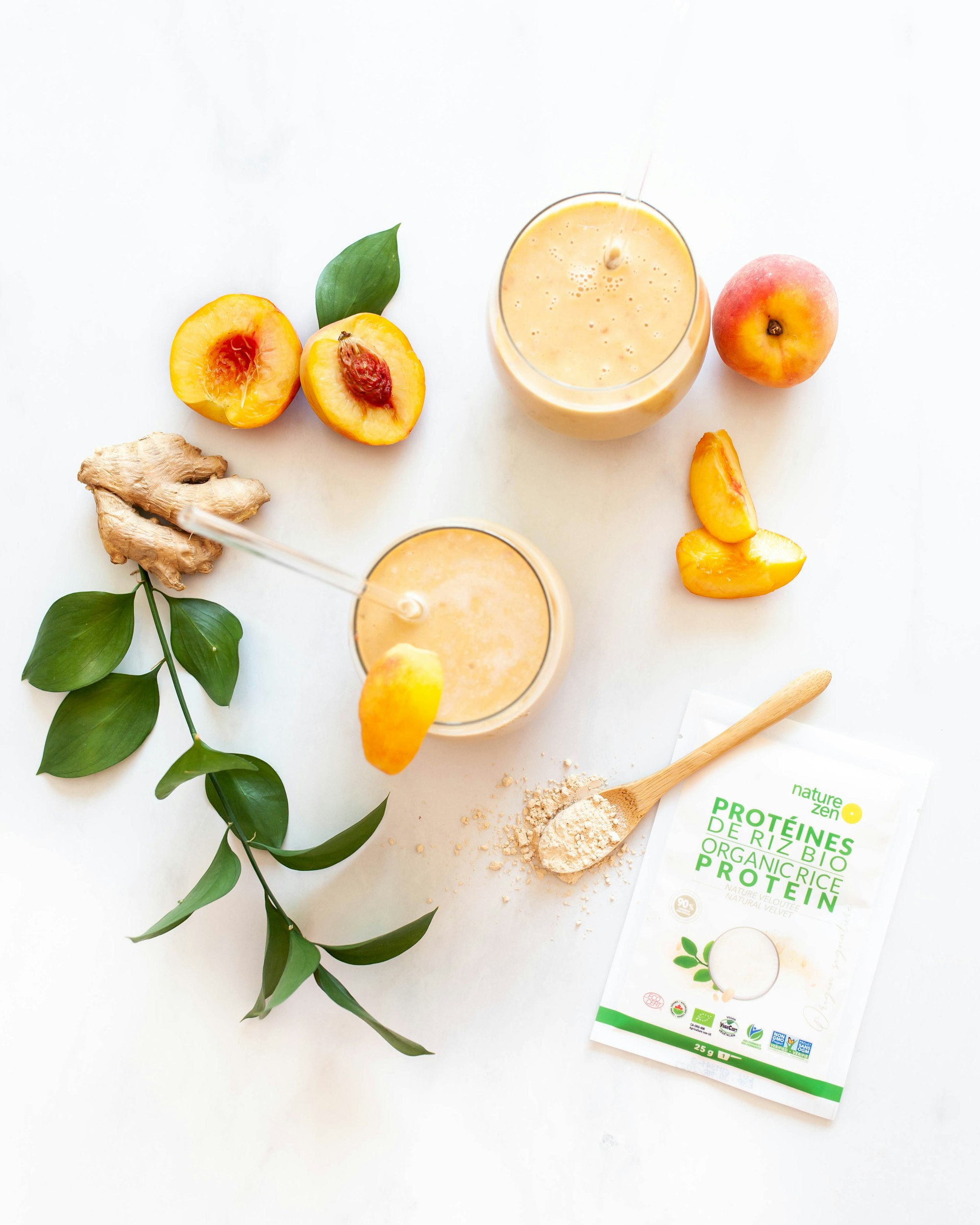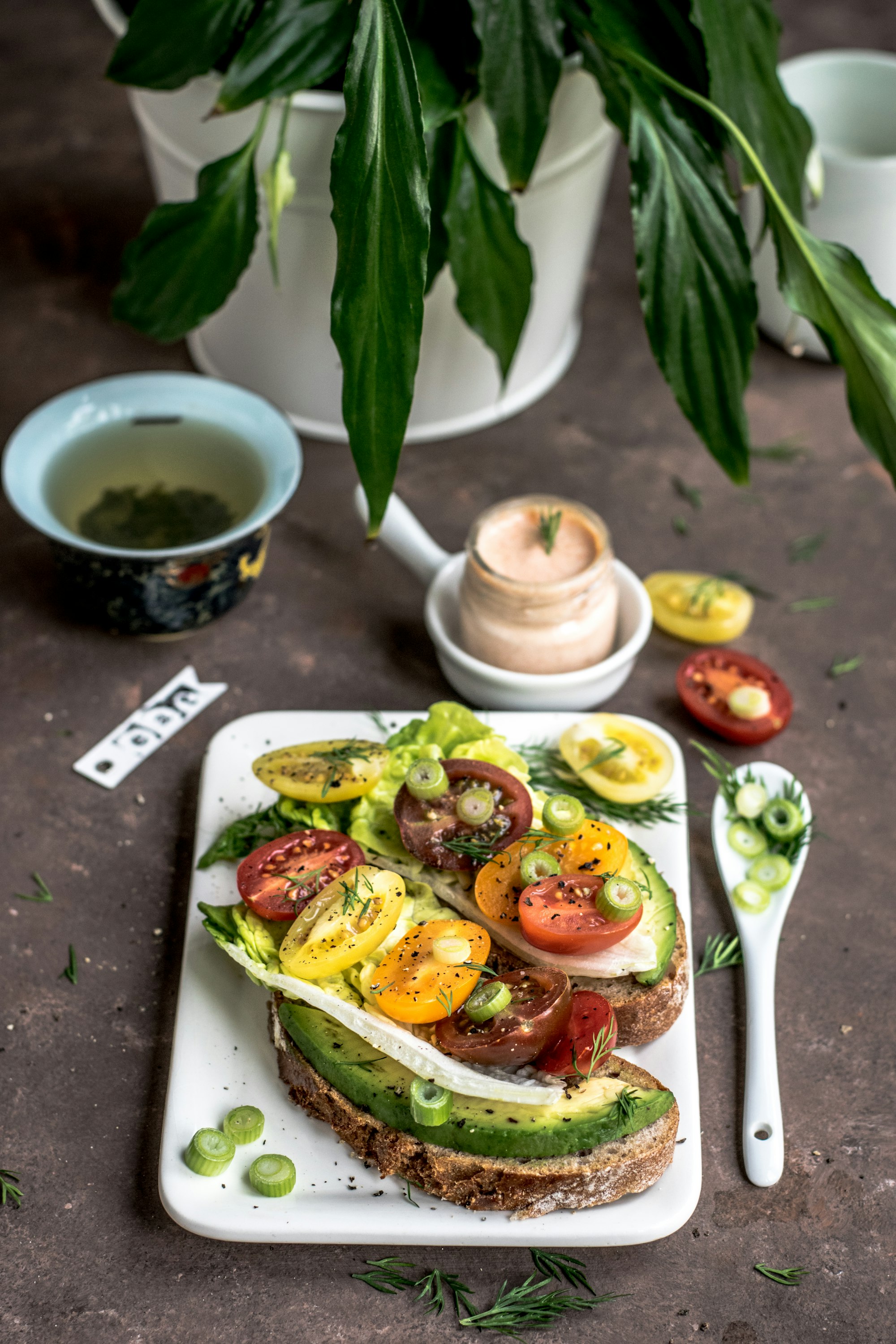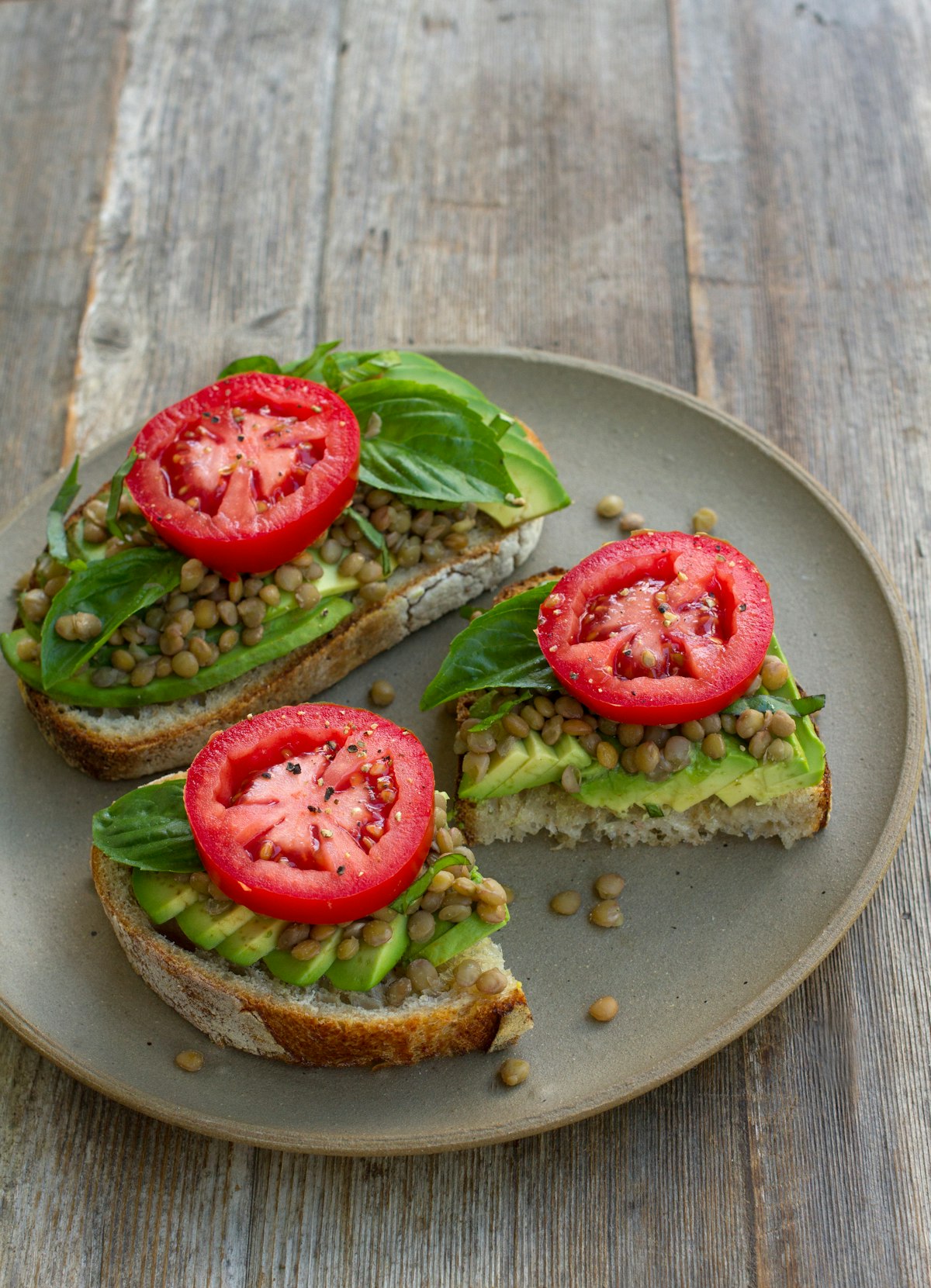Content Summary
Eating a vegetarian diet can be incredibly beneficial to your health, but it is important to make sure that your diet is properly balanced. While it is possible to get all the nutrients you need without eating meat or animal products, there are five essential nutrients that vegetarians tend to lack in their diets. This blog post will discuss the top five nutrients that vegetarians need and how they can easily obtain those nutrients from plant-based sources.
#1. Protein
Protein is one of the most important components of a healthy diet, and it’s especially important for vegetarians who don’t eat animal products. Luckily, there are plenty of plant-based sources of protein such as beans, lentils, nuts, and seeds. Grains such as quinoa and oatmeal are also excellent sources of protein.
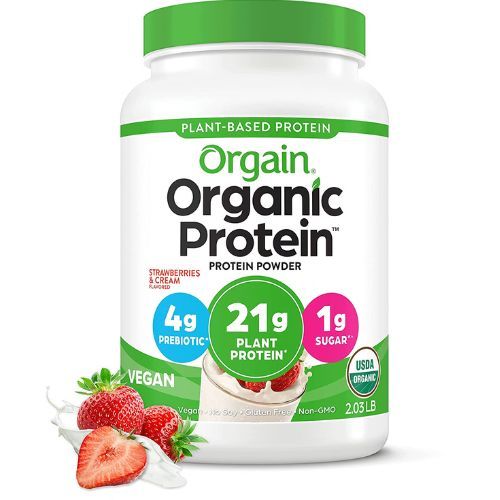
#2. Iron
Iron is an essential mineral that helps transport oxygen through your body and keeps you feeling energized throughout the day. Some good plant-based sources of iron include dark leafy greens like spinach and kale, nuts, seeds, tofu, and tempeh, and dried fruits like raisins and apricots.
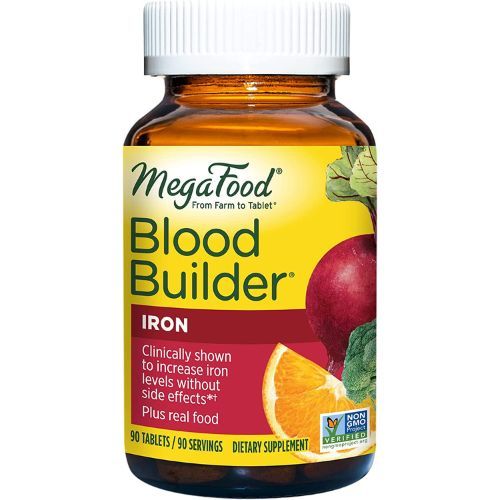
#3. Calcium
Calcium is an essential mineral for healthy bones and teeth. Dairy products are typically the best source of calcium for non-vegetarians, however, there are plenty of plant-based options available as well. Soy milk is an excellent source of calcium; it contains as much calcium as cow’s milk but with fewer calories and fat.
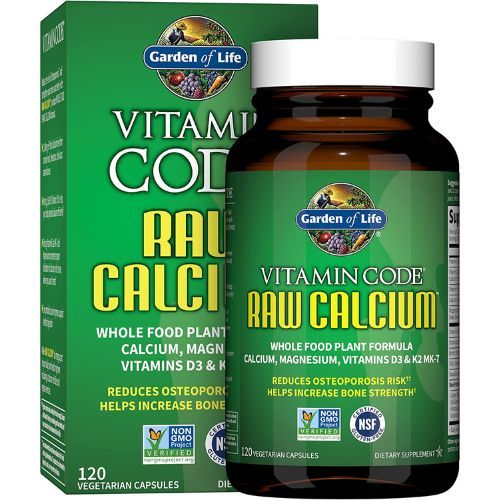
Other good sources include dark leafy greens like kale and collard greens; legumes such as chickpeas; almonds; tahini; fortified orange juice; fortified breakfast cereals; tinned fish with bones such as sardines or salmon; molasses; dried figs; dried apricots; sesame seeds; Brazil nuts; hazelnuts; cashew nuts; sunflower seeds and peanut butter.
#4. Zinc
Zinc helps with wound healing, strengthens your immune system, aids in digestion, and supports growth in children – so it’s an important nutrient for everyone!
Plant-based zinc sources include whole grains such as wheat germ or oats, legumes like beans or lentils (especially red lentils), nuts like almonds or peanuts, whole wheat bread or kinds of pasta made from durum wheat flour, pumpkin seeds or sunflower kernels, tahini, miso soup (made from fermented soybeans) or tempeh (fermented soybeans).
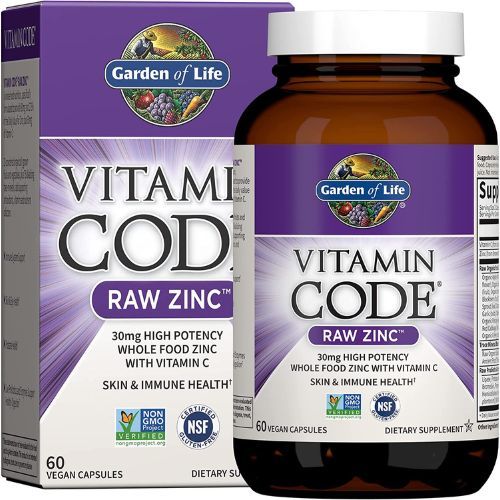
#5. Vitamin B12
Vitamin B12 plays a critical role in producing red blood cells in our bodies which helps prevent anemia. It also helps metabolize proteins so it's necessary for normal psychological function too! Unfortunately for vegans especially this vitamin isn't found naturally in many foods so supplementation may be necessary if you're on a vegan diet unless you regularly consume eggs or dairy products which do contain B12 naturally in small amounts.
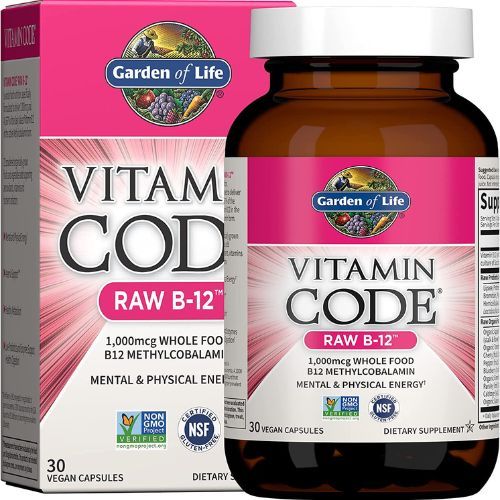
Good vegan sources include nutritional yeast flakes fortified with B12 which can be added to dishes to lend a cheesy flavor without any dairy being present along with some brands of fortified plant milk containing B12 too! There are also vegan supplements available specifically designed to provide adequate levels of this essential vitamin each day too!
Conclusion
A vegetarian lifestyle can be incredibly healthy if planned correctly – but it’s important to make sure you’re getting all five essential nutrients we mentioned above in order to stay healthy!
With a little bit of research into what foods contain higher concentrations of these vitamins & minerals plus supplementing if needed then following a vegetarian lifestyle can be done successfully & healthily over time!
So don’t let worries about nutrient deficiencies stand between you & starting on a new path today - just make sure you plan ahead & know where your key vitamins & minerals will come from each day!
Thank You for Reading!
To Your Best Health and Well-Being!
Stay Informed with Actual Ratings Daily Posts

